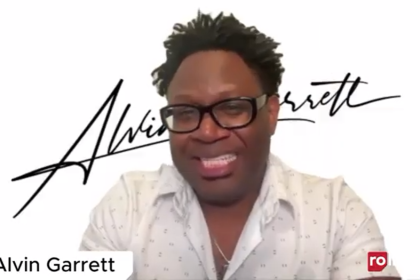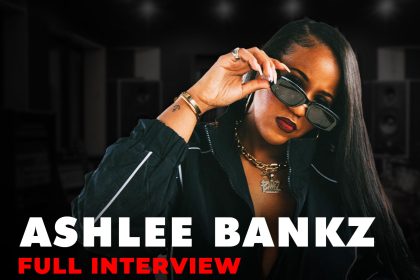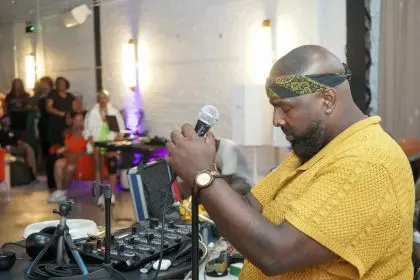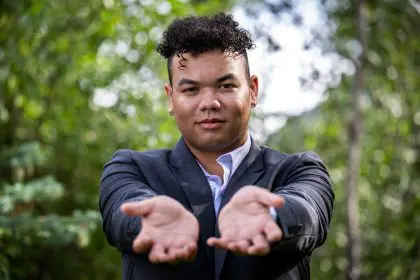CeeLo Green has been an influential part of music, and there have been people who have influenced him as well — one being Otis Redding. The five-time Grammy Award-winning singer and songwriter will be a special guest at The Otis Redding Foundation’s “O’Tis The Season” end-of-the-year benefit concert on Dec. 9 at the Capitol Theatre in Macon, Georgia.
Green spoke with rolling out about Otis Redding, 50 years of hip-hop and his history in the music industry.
How did Otis Redding impact your music?
I’ve done about four or five press items pertaining to this over the last few weeks, and it’s evident that it’s such a quotable namesake. It’s such an impeccable history and has a lasting effect on culture, either in contribution to music at large and not just Black culture. To be associated with it is humbling, more so because I’m a son of those soul singers. More than I feel like CeeLo Green, I feel like a son honoring a father.
How influential has Atlanta been when mentioning 50 years of hip-hop?
Recently, we were interviewed about the 50th anniversary of hip-hop, and Big Gipp made a good point. He was saying that the South has been at the inception of hip-hop because so much of it was sampled by the southern artists in southern soul music — James Brown, more notably and famously. With that being said, I guess it’s all southern, but each region can adapt it and interpret it as its own. I like that it’s interchangeable, and it just really broadens the scope of perspective, the way people retain something and reiterate it as their own. That’s culture. Culture is not conformity; culture is coexistence.
What do you like about the current landscape of hip-hop?
Beyond the music itself, I do like the activation. I do like the independence and the equity share. I like it logistically, and there are some technical knockouts and there are some KOs out there, too. [There are] a couple of different ways that you can win a fight. As far as Atlanta is concerned, I feel like a forefather for our region, and many would argue that point in my defense. I’m like a proud father about most of the music simply because these are our children making their art, making their marks, continuing the work and really the defining classification. That’s what we set out to do as artists. I think essentially, at its core, it is all hip-hop, and then there are subcultures. It can be rapping; it can be trapped; it can be snapped; it can be boom bap. It’s all to your liking, but what’s dope about it is [there] is truly is something for everyone. The variety and the diversity are there at your disposal. So, please be my guest and enjoy whatever it is that you like.
















